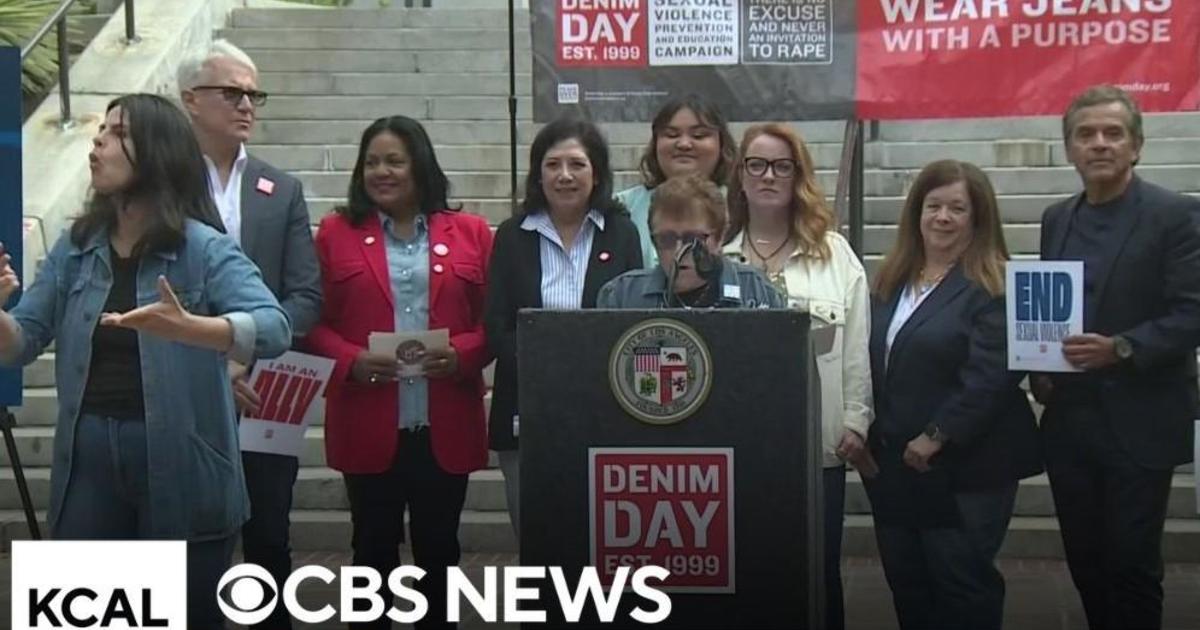Former Facebook President: 'God Only Knows What It's Doing To Our Children's Brains'
LOS ANGELES (CBSLA) — Former Facebook president Sean Parker likely won't be getting any friend requests from Mark Zuckerberg after a damning interview in which Parker slammed the social network for its still unknown psychological impact on the world.
Parker, 38, spoke Wednesday at an Axios event at the National Constitution Center in Philadelphia, and while he was officially there to talk about efforts to advance cancer innovation, he apparently went off-script as he began to speak about his status as "something of a conscientious objector" to social media.
The billionaire entrepreneur and current founder and chair of the Parker Institute for Cancer Immunotherapy said he was most concerned about how Facebook and other platforms are altering how children and young adults interact on a day-to-day basis.
"It literally changes your relationship with society, with each other," he said. "It probably interferes with productivity in weird ways. God only knows what it's doing to our children's brains."
Referencing Facebook's fledgling early days, Parker recalled some early resistance he encountered to the idea of sharing one's most intimate - some would even say trivial - personal details with the rest of the world.
"When Facebook was getting going, I had these people who would come up to me and they would say, 'I'm not on social media.' And I would say, 'Okay, you know, you will be'," he said. "And then they would say, 'No, no, no. I value my real-life interactions. I value the moment. I value presence. I value intimacy.' And I would say...'We'll get you eventually.'"
Parker also offered some insight to the basic underlying structure of all social media - getting other users to interact with your content.
"The thought process that went into building these applications, Facebook being the first of them, ...was all about: 'How do we consume as much of your time and conscious attention as possible?'" he said. "And that means that we need to sort of give you a little dopamine hit every once in a while, because someone liked or commented on a photo or a post or whatever."
Parker continued: "And that's going to get you to contribute more content, and that's gonna get you more likes and comments. It's a social validation feedback loop...exactly the kind of thing that a hacker like myself would come up with, because you're exploiting a vulnerability in human psychology."
A rash of recent studies have found Facebook and other social media impact humans in a myriad of ways, including sexual infidelity, obesity and behaviorial issues, physical intimacy, and even athletic performance.
Facebook itself revealed in 2014 a social experiment that was conducted on almost 700,000 of its users to determine whether increasing the amount of positive or negative messages would have an effect on the user.
But in the end, Parker conceded none of these should come as a surprise to innovators like himself and Zuckerberg.
"The inventors, creators — it's me, it's Mark [Zuckerberg], it's Kevin Systrom at Instagram, it's all of these people — understood this consciously" he said. "And we did it anyway."



